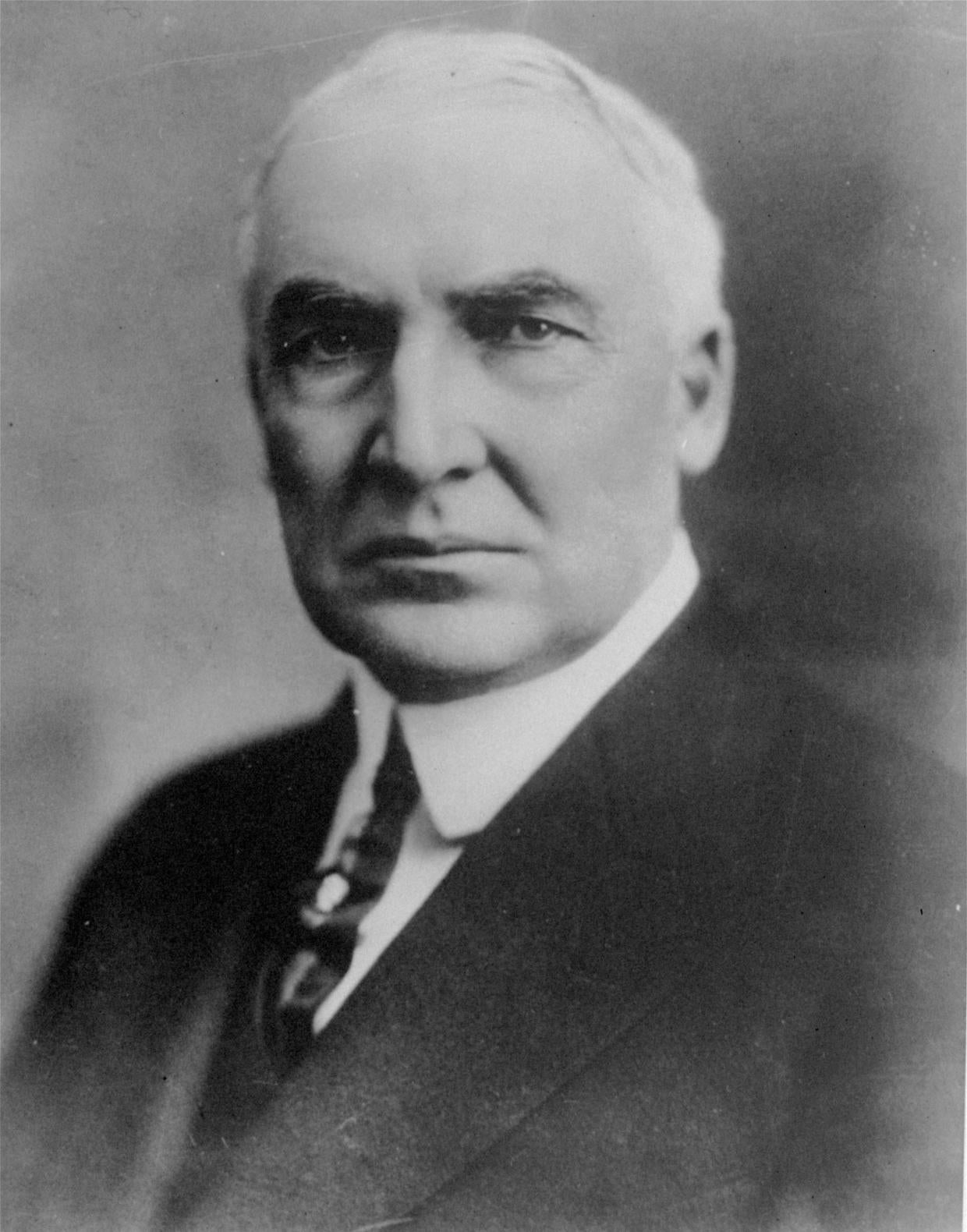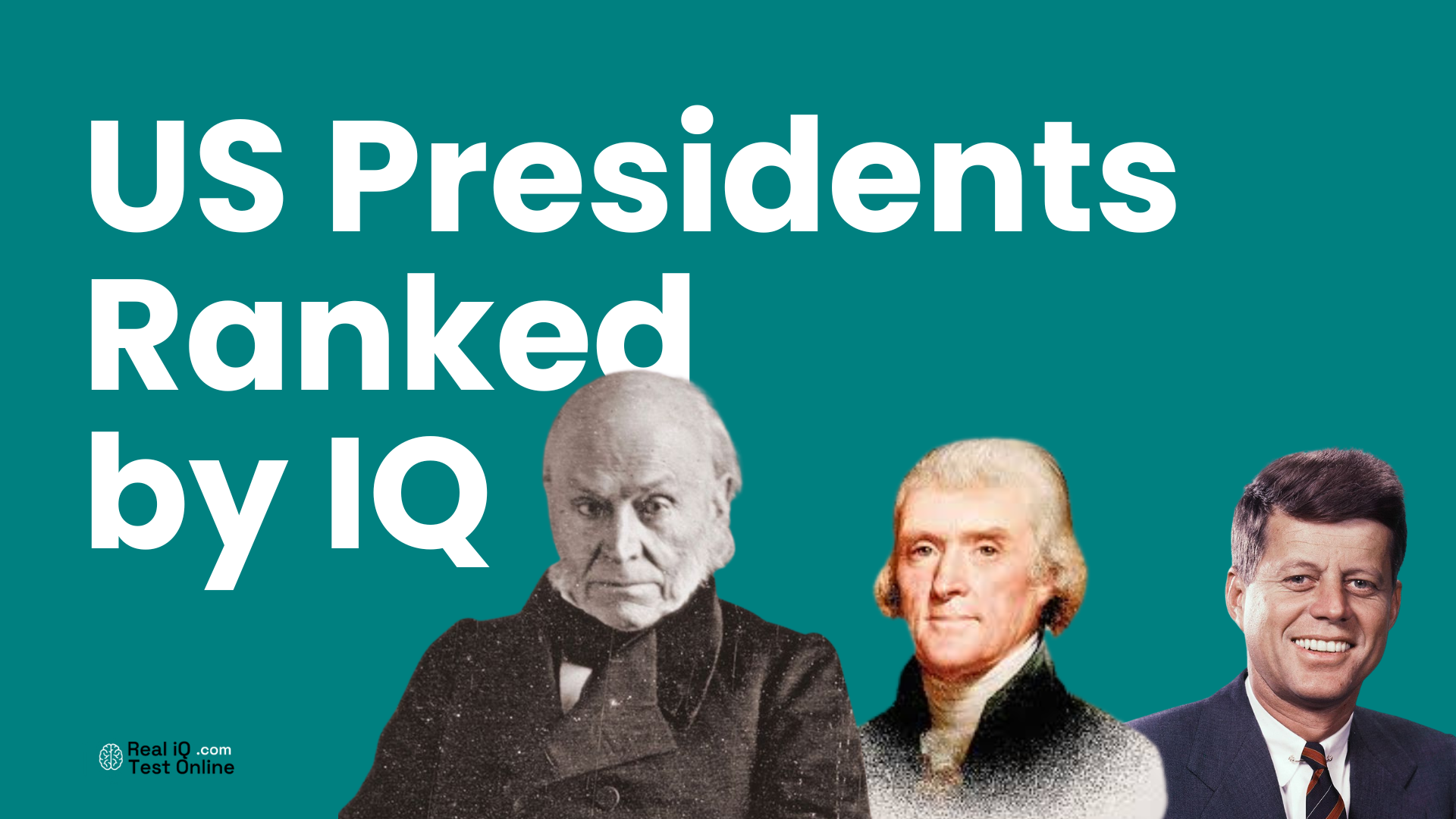Throughout history, the role of a president has been pivotal in shaping the destiny of nations. From steering countries through crises to implementing transformative policies, the impact of a president's leadership resonates for generations. In this article, we delve into the rankings of the top presidents, analyzing their achievements, challenges, and enduring legacies. Whether you're a history enthusiast or someone curious about leadership qualities, this article will provide valuable insights into what makes a president truly exceptional.
The presidency is not just a title; it is a responsibility that demands vision, resilience, and the ability to unite people. Over the years, historians and political analysts have debated the qualities that define a great leader. Factors such as economic growth, foreign policy decisions, and social reforms often play a significant role in determining a president's legacy. In this article, we will explore these aspects in detail, supported by credible data and expert opinions.
Our goal is to present an unbiased and well-researched ranking of the top presidents, ensuring that the information is both informative and engaging. By the end of this article, you will have a clearer understanding of the qualities that distinguish the best leaders and how their actions have shaped the world we live in today.
Read also:Owen Thiele A Rising Star In The World Of Entertainment
Table of Contents
- Biography of Top Presidents
- Criteria for Ranking Presidents
- Top 5 Presidents Ranked
- Economic Impact of Presidential Leadership
- Foreign Policy Achievements
- Social Reforms and Civil Rights
- Controversial Presidencies
- Leadership Qualities of Great Presidents
- Long-Term Legacy of Presidents
- Conclusion and Call to Action
Biography of Top Presidents
Before diving into the rankings, it is essential to understand the backgrounds of the leaders who have left an indelible mark on history. Below is a table summarizing the personal and professional details of some of the most notable presidents.
| Name | Term | Political Party | Major Achievements |
|---|---|---|---|
| Abraham Lincoln | 1861-1865 | Republican | Emancipation Proclamation, Preservation of the Union |
| Franklin D. Roosevelt | 1933-1945 | Democratic | New Deal Programs, Leadership During WWII |
| George Washington | 1789-1797 | Independent | Founding Father, Establishment of U.S. Government |
| Theodore Roosevelt | 1901-1909 | Republican | Progressive Reforms, Conservation Efforts |
| John F. Kennedy | 1961-1963 | Democratic | Civil Rights Advocacy, Space Race Initiatives |
Criteria for Ranking Presidents
Ranking presidents is a complex task that requires a balanced evaluation of various factors. Below are the key criteria used to assess presidential performance:
- Leadership During Crises: How effectively did the president navigate the nation through wars, economic downturns, or social upheavals?
- Policy Impact: Did the president implement policies that had a lasting positive effect on the country?
- Economic Growth: What was the state of the economy during their tenure, and how did their policies contribute to it?
- Foreign Policy: How did the president handle international relations and diplomacy?
- Social Reforms: Did the president champion civil rights, equality, and other social causes?
Top 5 Presidents Ranked
Based on the criteria mentioned above, here is a ranking of the top five presidents who have left a lasting legacy:
1. Abraham Lincoln
Abraham Lincoln is often regarded as the greatest U.S. president due to his leadership during the Civil War and his role in abolishing slavery. His Emancipation Proclamation and efforts to preserve the Union have earned him a place in history as a transformative leader.
2. Franklin D. Roosevelt
FDR's presidency was marked by his response to the Great Depression and World War II. The New Deal programs revitalized the economy, while his leadership during the war solidified his status as a global statesman.
3. George Washington
As the first president of the United States, George Washington set the foundation for the nation's democratic principles. His decision to step down after two terms established a precedent for peaceful transitions of power.
Read also:Veronica Obano A Comprehensive Guide To The Rising Star
4. Theodore Roosevelt
Theodore Roosevelt's progressive reforms and conservation efforts have had a lasting impact on the country. He championed antitrust laws and expanded national parks, earning him the nickname "The Conservationist President."
5. John F. Kennedy
Despite his short tenure, JFK's advocacy for civil rights and his vision for space exploration inspired a generation. His leadership during the Cuban Missile Crisis averted a potential nuclear war.
Economic Impact of Presidential Leadership
The economic policies implemented by presidents have a direct impact on the prosperity of a nation. For example, Franklin D. Roosevelt's New Deal programs created jobs and stimulated economic growth during the Great Depression. Similarly, Ronald Reagan's tax cuts in the 1980s aimed to boost investment and consumer spending.
Key Economic Achievements
- New Deal Programs: FDR's initiatives helped millions of Americans recover from the Great Depression.
- Tax Reforms: Reagan's policies led to a period of economic expansion in the 1980s.
- Trade Agreements: Presidents like Bill Clinton played a key role in establishing global trade partnerships.
Foreign Policy Achievements
Presidents are often judged by their ability to navigate international relations and promote peace. Franklin D. Roosevelt's leadership during World War II and John F. Kennedy's handling of the Cuban Missile Crisis are prime examples of effective foreign policy.
Notable Diplomatic Successes
- World War II Leadership: FDR's alliance with Allied powers led to the defeat of Axis forces.
- Cold War Diplomacy: Presidents like Ronald Reagan played a crucial role in ending the Cold War.
- Peace Treaties: Jimmy Carter's Camp David Accords brought peace between Egypt and Israel.
Social Reforms and Civil Rights
Presidents who championed civil rights and social reforms have left a lasting impact on society. Abraham Lincoln's Emancipation Proclamation and Lyndon B. Johnson's Civil Rights Act of 1964 are landmark achievements in this regard.
Key Social Reforms
- Abolition of Slavery: Lincoln's efforts ended one of the darkest chapters in American history.
- Civil Rights Legislation: LBJ's policies advanced equality and justice for marginalized communities.
- Women's Rights: Presidents like Woodrow Wilson supported women's suffrage, leading to the 19th Amendment.
Controversial Presidencies
Not all presidents have enjoyed universal acclaim. Some, like Richard Nixon, faced significant scandals that tarnished their legacies. The Watergate scandal led to Nixon's resignation, making him the first U.S. president to leave office under such circumstances.
Lessons from Controversial Presidencies
- Accountability: Scandals highlight the importance of transparency and ethical leadership.
- Public Trust: Controversial decisions can erode confidence in government institutions.
Leadership Qualities of Great Presidents
Great presidents share certain qualities that set them apart. These include vision, resilience, and the ability to inspire others. Abraham Lincoln's determination to preserve the Union and Franklin D. Roosevelt's optimism during the Great Depression are examples of exceptional leadership.
Essential Leadership Traits
- Vision: Great leaders have a clear sense of purpose and direction.
- Resilience: They remain steadfast in the face of adversity.
- Empathy: Understanding the needs of the people fosters trust and unity.
Long-Term Legacy of Presidents
The legacy of a president extends beyond their time in office. Their policies, decisions, and actions continue to shape the nation for generations. For example, George Washington's establishment of democratic norms and Abraham Lincoln's fight for equality remain relevant today.
Enduring Contributions
- Democratic Principles: Washington's leadership laid the groundwork for modern democracy.
- Civil Rights: Lincoln's efforts paved the way for future advancements in equality.
- Environmental Conservation: Roosevelt's initiatives protect natural resources for future generations.
Conclusion and Call to Action
In conclusion, the ranking of top presidents is a reflection of their leadership qualities, policy achievements, and lasting impact on society. From Abraham Lincoln's fight for equality to Franklin D. Roosevelt's economic reforms, these leaders have shaped the course of history in profound ways.
We encourage you to share your thoughts on this ranking and let us know which president you admire the most. Feel free to leave a comment below or explore more articles on our website to deepen your understanding of leadership and history.

